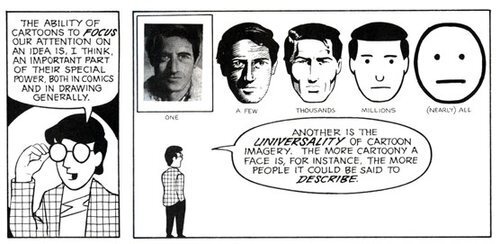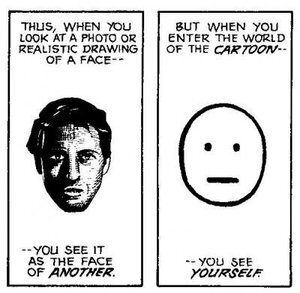On Instagram’s Curated Reality
I was recently talking to one of my coworkers about our staff. We typically regard ourselves - in a somewhat joking manner - as the grumpy old men. We just don't understand the younger people that we work with.
We were discussing the fact that the staff often spend the majority of their time online, connecting on social media. When they walk in, they're Snapchatting. On their breaks, they're browsing Instagram and texting each other. It's this constant need to connect and share for no other reason than to connect and share just for the sake of it.
He and I joke about this, grumpily calling them millennials, but we know that we're just as guilty of this as well. But the difference is that where we browse passively, they are always online - aggressively.
I shared with him two articles I had read. The first talked about how on Instagram, teens would aggressively curate their profiles. If a particular photo didn't get enough likes, they'd delete it, so that only the top photos would survive. The second, which is a more recent article, also talked about Instagram, and how it can be the most harmful social media platform for your mental health, and I understand and sort of agree with its premise.
Now, I'm not the typical Instagram user. I don't follow any of my friends and I typically try to avoid any of the feeds that focus primarily on people. I want to see the world around me, and the the world around you. I don't need to know what you look like to want to see your perspective. But browsing through the Explore tab is another thing entirely. In there, all I see are impossibly beautiful models and ultra beefy men.
The thing with that, and what the second article touches upon, is that young people are incredibly impressionable. They often compare themselves and their bodies to unrealistic images that have been manipulated. But more insidious than that is that it also creates this thought process in which young people think that they too can and should have bodies that look like what they're seeing online, and that they too can have these luxurious lifestyles.
Scott McCloud, the famous cartoonist, talked about how comics were able to make people feel like the characters were reflecting themselves; like the comics were speaking to them personally. The way he described is that when you see the face of someone else, you see the other. But when you see a blank, expressionless face (and sometimes, no face at all), it's easier to project and to see yourself.
Scrolling through my Explore tab on Instagram, all I can see are the same impossible beautiful models and ultra-beefy men, all with that same expressionless look on their faces. More than that, however, are the millions of photos with these people taken in various exotic locales. These types of photos do two things. First, they make you believe that you too can achieve that level of beauty and fame while being able to travel all over the world with total ease. And second, they create unrealistic standards, because while it may be fun to browse through these photos and live vicariously through them, they help to lower self-esteem and fuel issues such as FOMO-induced anxiety and depression. All of this is because we project ourselves onto these people we don't even know, but still idolize.
Platforms like Instagram and Twitter are still excellent ways to explore the world around you. I still enjoy them but seemingly less and less these days. It's hard not to be drawn in when I log in and see all those beautiful shots of the world around me. It's extremely easy to edit and manipulate things these days, so you never really know what's real and what's not, so I think that as long as you know how to filter out the noise and the excess on any given social platform, they can still be enjoyable.


